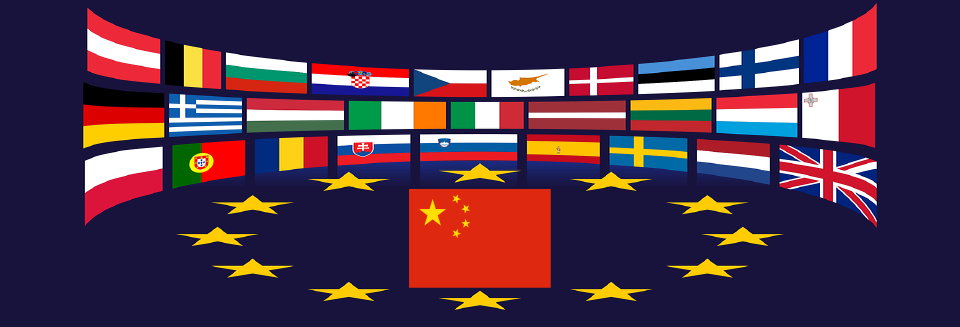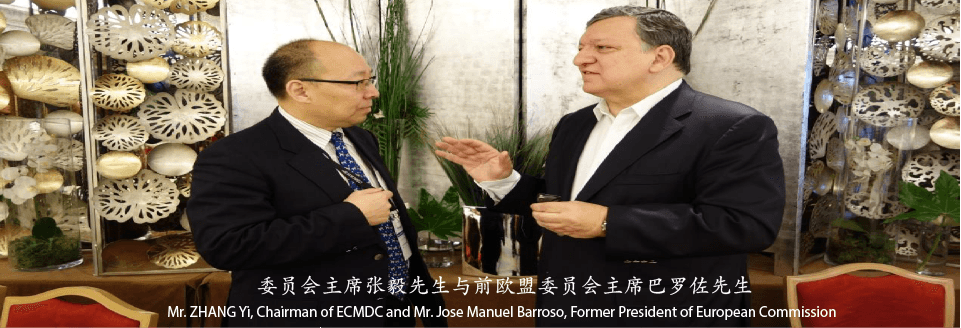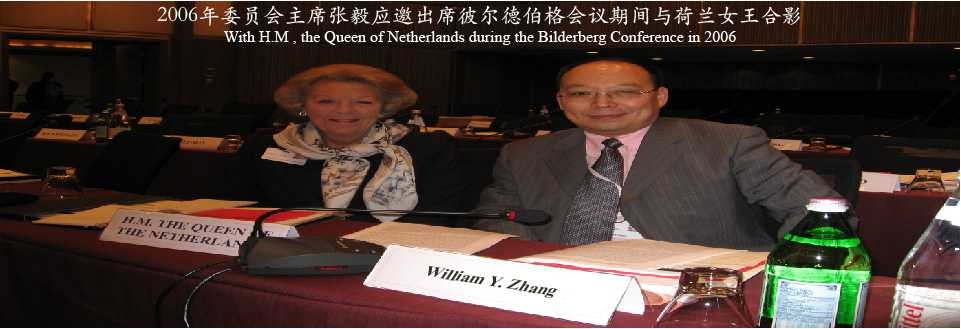Chairman ZHANG Yi Attends the 10th IBSP Board Meeting of UNESCO
2017-01-24
On January 24th, 2017, Chairman ZHANG Yi and Deputy Secretary General HU Zhenming were invited to attend the 10th International Basic Sciences Programme (IBSP) Board Meeting at Room VI of UNESCO HQ as representatives of partner organizations. 18 members of the Scientific Board of IBSP from all over the world, who were incumbent heads of the international scientific associations or institutions as well attended the meeting along with representatives of more than 30 international partners of IBSP, and Permanent Delegations of India, Kazakhstan, Romania, Russia, South Africa, Brazil, Zambia. Mr. ZHANG Yi delivered the work report at the meeting, and exchanged the views to the full with officials of Natural Sciences Sector, Education Sector of UNESCO, professors of IBSP Scientific Board, representatives of international organizations and foreign Permanent Delegations to UNESCO. Mr. ZHANG Yi reached the consensus with the concerned parties as for the in-depth cooperation.
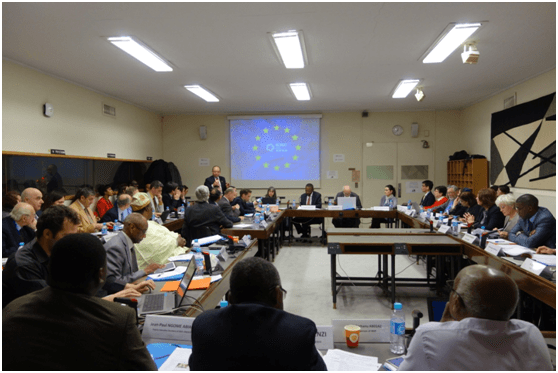
Mr. ZHANG Yi at the Board Meeting
International Basic Sciences Programme (IBSP) is established by UNESCO as one of its International Science Programmes (ISP) with a specified mandate, strategy, content, and expected results. IBSP is providing an overarching platform to fulfill UNESCO’s unique mandate in the basic sciences and Science, Technology, Engineering and mathematics (STEM) education within the UN System. Based on this mandate and UNESCO’s long-standing fruitful activity in the basic sciences and science education, IBSP offers to Member States its expertise as a science capacity lever for scientific innovation and sustainable development. IBSP covers the life sciences, chemistry, physics and mathematical sciences, while the scientific education of IBSP is consisted of the Microscience Programme, the World Library of Science, Girls and Science: A Training Module, PERFORM. IBSP is the UNESCO’s main tool for triggering scientific innovation and harnessing international cooperation for human and institutional capacity building in the basic sciences and science education. IBSP aims to advance, transfer, share and disseminate scientific knowledge, and to transform this basic scientific know-how into useful applications for today’s multiple sustainable development challenges. Director General and Assistant Director General of UNESCO consistently attach great importance to IBSP, and the achievements of the meeting will be submitted to the management level of UNESCO as the reference for the decision-making.
Mr. Romain Murenzi, Director of Division of Science Policy and Capacity Building and Executive Secretary of IBSP of UNESCO, Mr. Jean-Paul Ngome Abiaga, Division of Science Policy and Capacity Building (SC/PCB) Deputy Executive Secretary of IBSP, and Mr. Berhanu Abegaz Molla, Chairman of IBSP Scientific Board and Executive Director of the African Academy of Sciences jointly presided over the meeting. The meeting was focused on the basic sciences and science education cooperation. The attendees were engaged in the discussion concerning the specific demands of the concerned countries and the common objectives. The meeting had the review of IBSP in the framework of STEM landscape in UNESCO, and discussed the issue of shaping the IBSP portfolio and partnership for implementation of UNESCO’s STEM Initiative. In the meanwhile, partner organizations of IBSP presented their activities at the meeting. The meeting aimed to accumulate the successful experiences from different countries and would select the valuable opinions out of the discussion among the attendees, which would be submitted to Director General as the reference for her decision-making.
The attendees discussed the issue concerning the status of implementing IBSP. On the one hand, the attendees acknowledged the dilemma that the investment in basic sciences research in most countries failed to meet the expectation; on the other hand, the attendees indicated their willingness of executing IBSP through various forms of cooperation. The attendees expressed their concerns with the universal phenomenon that less and less youths would choose scientific studies as their lifelong career. They reached the consensus that it would be necessary for all the concerned parties to adopt various innovative methods to attract more and more youths to participate in the scientific research, to guide more and more people to be engaged in the scientific popularization, and to enable more and more decision-makers to grant great support to scientific research. The attendees reviewed the process and methods of implementing IBSP, and deemed it necessary to form the docking between the annual meeting and the regular information dissemination, project cooperation. There should be more and more channels of communication and cooperation among partners of IBSP.
On the basis of the discussion, Mr. ZHANG Yi made the introduction to the concrete measures adopted by ECMDC to promote Microscience Programme in China. He remarked, as the European NGO whose mission was to facilitate Sino-European sci-tech innovation and education cooperation, ECMDC served as the platform, and united all the concerned parties to actualize the harmony between social welfare and the sustainable development of partners through projects. Since the day ECMDC signed the Letter of Agreement with UNESCO on November 10th, 2016, ECMDC had approached the promotion of Microscience Programme in China in three aspects. The first step was that ECMDC carried out the preliminary evaluation of the feasibility of holding “UNESCO-China Sci-Tech Innovation and Education Forum” along with UNESCO, the Chinese Society of Education, and Ningbo Municipal Government. After two months’ evaluation and preparation, ECMDC had made the significant progress as for the Forum. Ningbo Municipal Government had confirmed its willingness of jointly holding the Forum in the written form. The Forum would be held in Ningbo in November, 2017, which would be the best channel for Microscience Programme and other IBSP projects to seek partners in China. Since Microsicence Programme was targeted at teenagers, ECMDC adopted the second step, which was to develop the project of “UNESCO-China Sci-Tech Innovation and Education Experimental School” in order to encourage Chinese primary and secondary schools to participate in Microscience Programme and other IBSP projects. After the rigorous evaluation, Ningbo Huamao Foreign Language School, which boasted of the first-rate quality of education, and the remarkable facilities including its own art gallery, museums, and science hall had become the first “UNESCO-China Sci-Tech Innovation and Education Experimental School”. Ningbo Huamao Foreign Language School would be the model as for the implementation of Microscience Programme in China. In order to maximize the social influence of STEM educational system and ideas, ECMDC was working with the Chinese Society of Education to prepare International Young Makers Olympic Competition as the third step. The purpose of the competition was to arouse the attention of the international community as for the latest interdisciplinary research and educational ideas through the competition. The competition would create the best promotion channel for Microscience Programme and other IBSP projects.
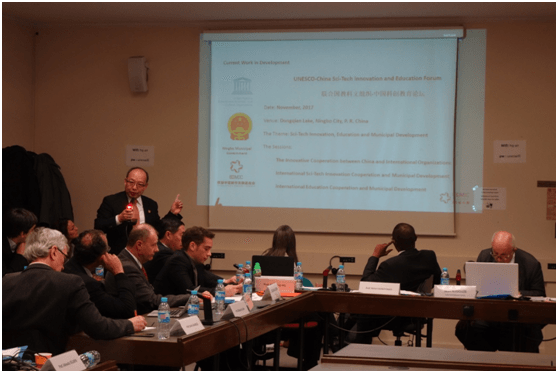
The Presentation of UNESCO-China Sci-Tech Innovation and Education Forum at the Meeting
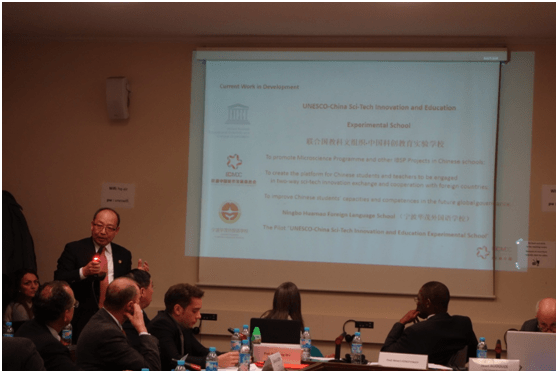
The Presentation of “UNESCO-China Sci-Tech Innovation and Education Experimental School” at the Meeting
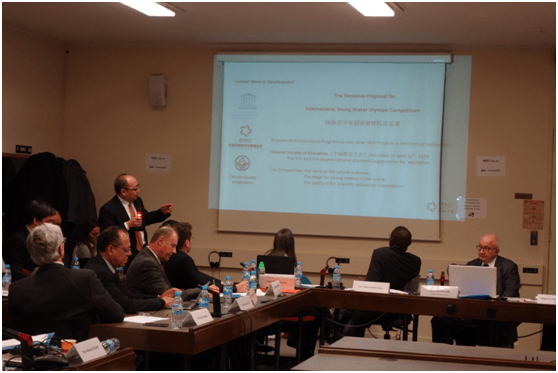
The Presentation of “International Young Maker Olympic Competition” at the Meeting
Mr. ZHANG Yi remarked, the Chinese government had put the sci-tech innovation and education on the national strategic position in order to facilitate the industrial upgrading and supply side reform, which created more and more possibilities for Chinese partners to participate in IBSP projects. ECMDC had fully mobilized Sino-European resources of different sectors to explore the docking between basic sciences research and its social application through the project cooperation. The efforts had received the positive feedback. ECMDC would work closely with UNESCO, and jointly promote IBSP in order to develop the model of international basic sciences cooperation with Chinese characteristics, which would serve as the valuable reference for the international community.
At the meeting, Mr. HU Zhenming introduced the experiences of ECMDC as for the effort of mobilizing social resources. He said, UNESCO enjoyed the very good reputation in China. UNESCO’s initiatives concerning sci-tech innovation and education had attracted the attentions of different sectors in China. In the age of internet, it would be necessary and meaningful for UNESCO to deepen the partnership between the concerned parties, and popularize the concepts and ideas of IBSP through the internet technologies. In the meanwhile, basic sciences research was in need of the social support. ECMDC had not only developed the partnership with the local governments of China, but also been the strategic partner to secondary schools, universities, industrial associations, and scientific parks. The joint efforts with the partners from different sectors would surely guarantee the steady progress of IBSP.
At the meeting, Mr. ZHANG Yi and Mr. HU Zhenming carried out the in-depth discussion with heads of international organizations including European Organization for Nuclear Research, International Union of Pure and Applied Chemistry, International Union of Pure and Applied Physics, International Mathematical Union and International Council for Associations for Science Education etc. ECMDC invited these organizations to attend UNESCO-China Sci-Tech Innovation and Education Forum, and discussed the issue of jointly developing the project. The planned cooperation projects such as Sino-European Green Energy Business Simulation Competition between ECMDC and North China Electric Power University, and the international oceanic studies cooperation between ECMDC and Hainan Tropical Ocean University had received the support from international organizations as well. Many international organizations at the meeting indicated their willingness of establishing the close partnership with ECMDC as for these concrete cooperation projects.
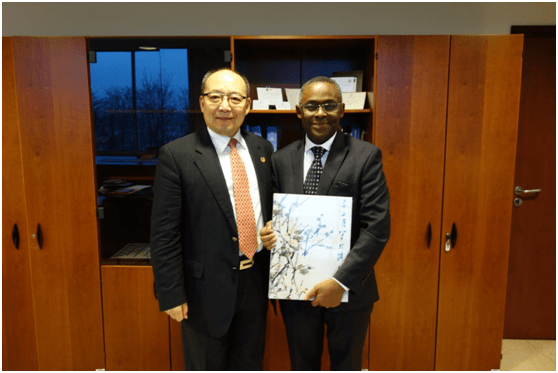
Mr. ZHANG Yi and Mr. Romain Murenzi
When the meeting rounded off, Mr. ZHANG Yi presented the book entitled Selected Paintings of Huamao Art Museum (Chinese Paintings) to Mr. Romain Murenzi, Director of Division of Science Policy and Capacity Building and Executive Secretary of IBSP of UNESCO. Mr. ZHANG Yi invited Mr. Romain Murenzi to visit Ningbo and have the field investigation of the venue of UNESCO-China Sci-Tech Innovation and Education Forum in the near future. Mr. Romain Murenzi gladly accepted the invitation and expected to work with ECMDC and Chinese partners to present a successful forum to the world. Mr. ZHANG Yi said, ECMDC would report the latest move to National Commission of P. R. China for UNESCO, and make the down-to-earth effort of improving sci-tech innovation and education in China under the guidance of China National Commission.


